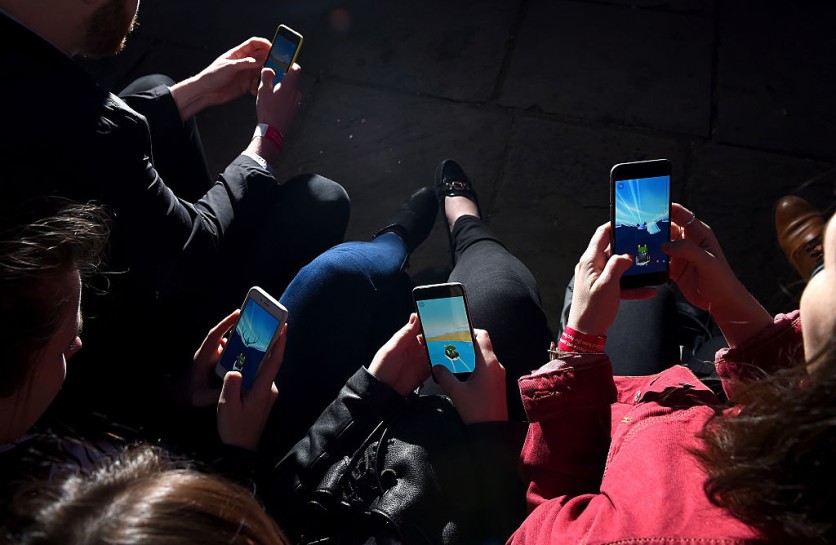More than 104 million Americans, including 70% of office workers, are spending multiple hours a day in front of screens, resulting in an annual cost of $73 billion due to symptoms associated with "excessive screen time," according to a report from the Deloitte Economics Institute and the American Optometric Association (AOA).
The recent study delved into the direct financial costs incurred by health systems, the impact on work productivity, and the perceived effects on individuals' well-being, CNBC reported. Extended screen exposure, or over seven hours of screen time per day, increases the risk of digital eye strain (DES), manifesting as blurred vision, headaches, neck and back pain, and dry eyes.

Regular Eye Examination Urged
The report underscores that limiting screen time to two hours a day can induce these symptoms, affecting productivity, aggravating other eye conditions, and impacting sleep and mental health. Experts suggest mitigation measures that include routine eye doctor visits, eye drops, and appropriate glasses, potentially saving individuals up to $1,920 annually.
AOA President Ronald Benner stresses the need for individuals to reduce screen time usage and regular "in-person comprehensive eye exams with an AOA doctor of optometry" to improve their general health.
Furthermore, Dr. Dimitri A. Christakis, a pediatrician at Seattle Children's Hospital and a professor at the University of Washington School of Medicine, recommends that people set their screen time limitations. Dr. Yalda T. Uhls, a UCLA assistant adjunct professor, advises individuals to concentrate on media's benefits rather than screen time limitations, per Health.
Understanding the pros and cons of extended screen usage is crucial for individuals who need clear standards. Making informed decisions requires self-reflection to evaluate whether adjustments to digital media consumption are necessary.
Use Apps to Help Prevent Excessive Screen Time
Popular apps like Screen Time for iOS and Digital Wellbeing for Android are available for individuals seeking to regain control of their screen time. However, for those exploring alternative options, here are some apps designed to help individuals manage their daily screen time, per Digital Detox.
RescueTime. This app provides insights into phone usage patterns, helping users understand how seemingly quick checks accumulate throughout the day. With features such as goal-setting, weekly reports, alerts, distraction blocking, and offline time, RescueTime facilitates the recovery of time lost to device usage.
Freedom. Available across various platforms, including Mac, Windows, Android, iOS, and Chrome, Freedom empowers users to step away from digital distractions. By blocking apps and websites during specified times, Freedom employs positive messaging to remind users of their freedom from distractions. You can set up a schedule with gentle reminders to limit your screen time.
Space. Using social encouragement and gamification, Space presents phone usage data in a calming, space-themed dashboard. Users can invite friends to track phone use collectively, fostering a supportive environment to address concerns about device overuse or screen time.

ⓒ 2025 TECHTIMES.com All rights reserved. Do not reproduce without permission.




